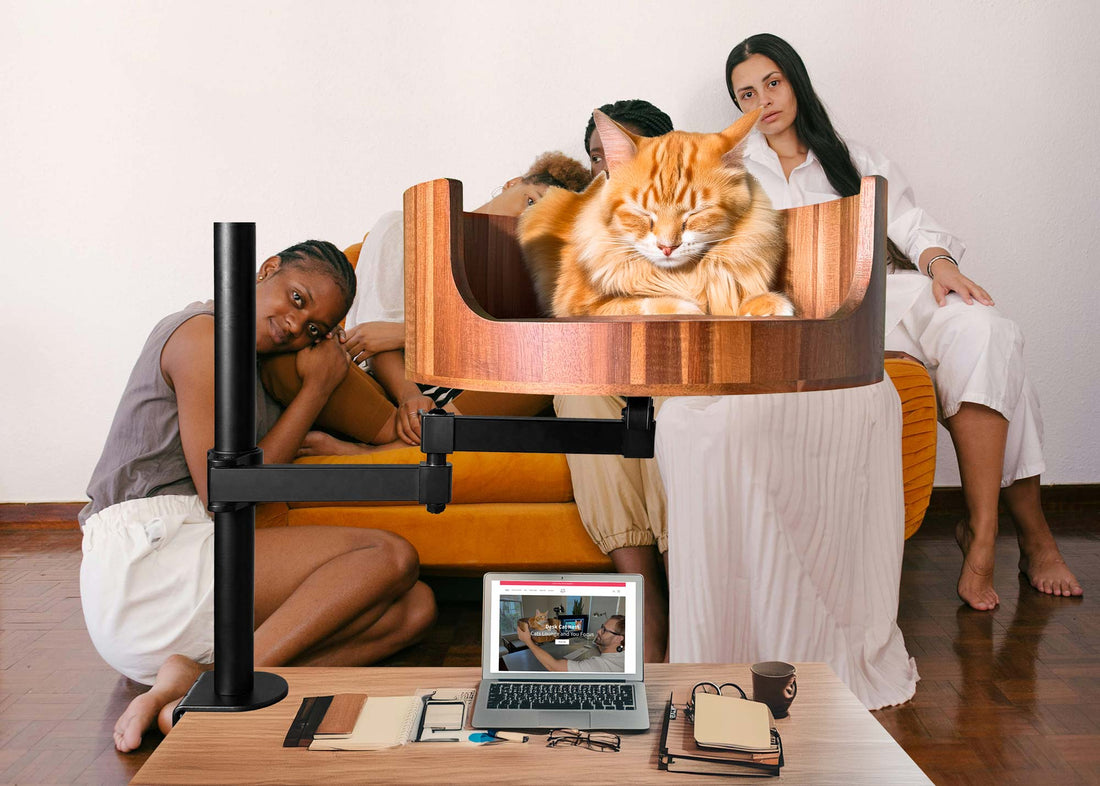
When is a Cat Old: Understanding Feline Aging
Share
As our beloved feline companions age, it can be difficult to determine when they officially become "old." Understanding the aging process in cats is crucial for providing proper care and meeting their changing needs. In this article, we will delve into the topic of feline aging to help cat owners recognize the signs of aging and adjust their care routines accordingly.
From changes in behavior to physical manifestations of aging, we will explore the different aspects of feline aging that every cat owner should be aware of. By understanding the key indicators of aging in cats, pet owners can offer their furry friends the best possible care in their golden years. Whether your cat is just entering their senior stage or has been a part of your family for years, it is important to be well-informed about the aging process in order to ensure their health and well-being. Join us as we unravel the mysteries of feline aging and learn how to support our cherished feline friends as they grow older.
1. Cats are considered seniors between the ages of 11-14, and geriatric after 15 years old.
2. Signs of aging in cats include changes in behavior, reduced activity, weight loss or gain, dental problems, and more frequent illnesses.
3. Regular veterinary check-ups can help detect age-related health issues early on.
4. Providing a comfortable environment for senior cats, such as soft bedding and easy access to food and water, can improve their quality of life.
5. Adjustments to diet and exercise routines may be necessary to accommodate an aging cat's changing needs.
Understanding the Aging Process in Cats
Cats age differently than humans, with their lifespan typically ranging from 15 to 20 years. As cats get older, they may start to show signs of aging such as decreased activity levels, changes in eating habits, vision and hearing impairments, dental issues, and weight loss. It's important for cat owners to be aware of these changes and provide the necessary care and attention to help their furry companions age gracefully.
Common Health Issues in Senior Cats
Senior cats are more prone to various health issues, including kidney disease, arthritis, diabetes, hyperthyroidism, and cancer. Regular check-ups with a veterinarian are crucial to monitor the cat's health and address any potential issues early on. Providing a balanced diet, regular exercise, and a comfortable living environment can also help mitigate the effects of aging and improve the quality of life for senior cats.
Caring for an Elderly Cat
Caring for an elderly cat requires additional attention and consideration. Providing a comfortable and safe environment, regular veterinary check-ups, a balanced diet tailored to the cat's specific needs, and mental and physical stimulation are essential for ensuring the well-being of senior cats. It's important for cat owners to be proactive in addressing any health concerns and making adjustments to their care routines as their cats age.
Emotional Support for Aging Cats
As cats age, they may experience changes in behavior or mood. Some cats may become more clingy or anxious, while others may become more aloof. Providing emotional support and comfort by spending quality time with the cat, offering soothing physical contact, and creating a calm and predictable routine can help alleviate stress and anxiety in aging cats. Paying attention to the cat's cues and adjusting interactions accordingly can help maintain a strong bond and positive relationship between the cat and its owner.
Frequently Asked Questions
At what age is a cat considered old?
Cats are considered seniors once they reach the age of seven. However, their lifespan can vary depending on breed, genetics, and overall health. Some cats may not show signs of aging until they are closer to ten years old.
What are some signs that my cat is getting old?
Some common signs of aging in cats include decreased activity levels, changes in appetite, weight loss, dental issues, and changes in behavior. It's important to monitor your cat's health and consult with a veterinarian if you notice any unusual symptoms.
How can a Desk Cat Nest help my aging cat?
A Desk Cat Nest provides a comfortable and secure space for your aging cat to rest and relax. The elevated design of the nest can help increase circulation and reduce joint pain in older cats. Additionally, the cozy bedding in the nest can provide extra warmth and comfort for your senior feline friend.
Is a Desk Cat Nest easy to clean?
Yes, our Desk Cat Nest is designed for easy cleaning. The removable cushion and washable cover make it simple to keep the nest clean and free of hair and odors. Simply remove the cushion and cover and machine wash them as needed.
Can a Desk Cat Nest be used for cats of all ages?
While a Desk Cat Nest is ideal for older cats, cats of all ages can enjoy the comfort and security of the nest. Kittens and younger cats may also benefit from having a cozy space to curl up in and feel safe. The elevated design can also provide a fun and stimulating environment for playful cats of any age.
In conclusion, the Desk Cat Bed is a valuable choice for aging cats as it provides a comfortable and secure space for them to rest and relax. This elevated bed helps to alleviate the discomfort that older cats may experience due to arthritis or joint pain, while also keeping them safe from potential threats. The Desk Cat Bed promotes better sleep and overall well-being for your senior feline friend, making it a worthwhile investment in their golden years.



















































